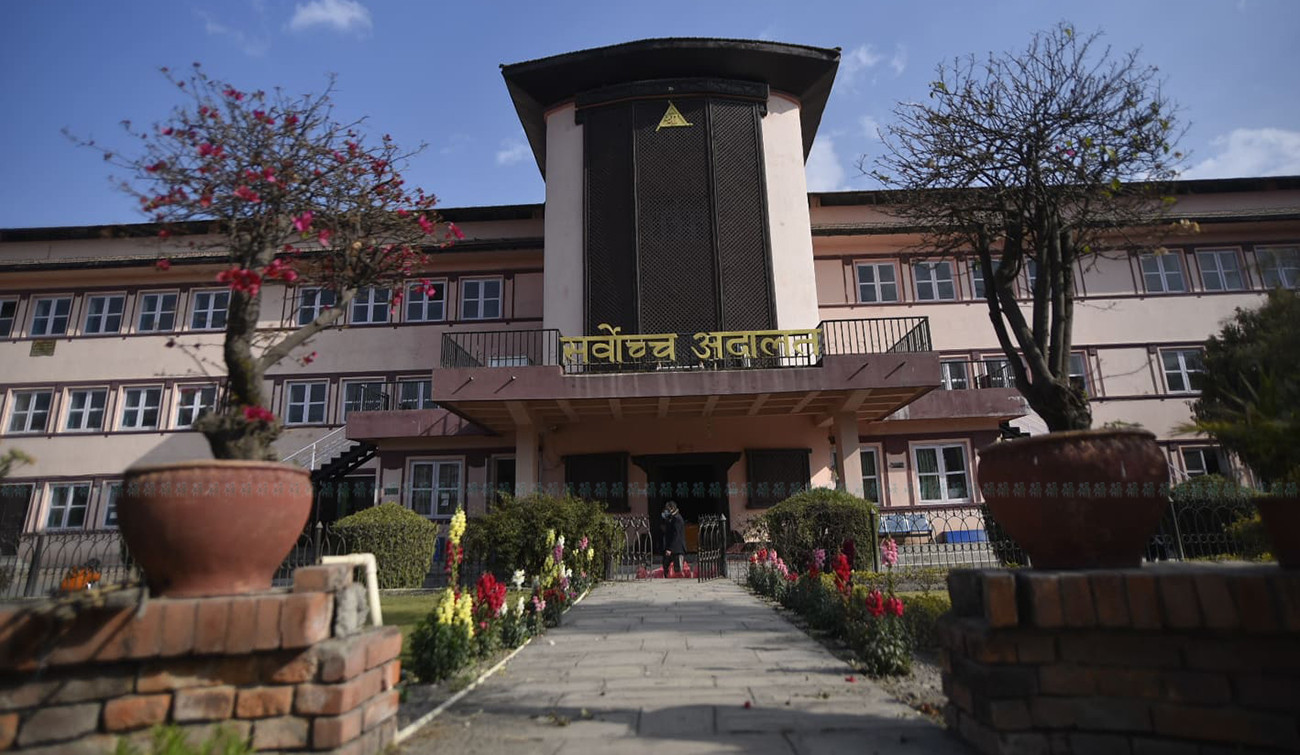The Supreme Court (SC) 15 years back had revoked government restrictions for women acquiring passport similar to the discriminatory proposal made by the Immigration Department to restrict women below 40 years going abroad alone.
The proposed amendment required women below 40 years to produce recommendation from the ward office and family consent if they are travelling alone.
The department following widespread condemnation of the discriminatory proposal to amend the provision about visit visa has since clarified that the proposal has been made only for women travelling to the Gulf states and African countries for the first time and those who don't even have general knowledge about their travel based on suggestions to that regard, and no decision has been taken on the issue.
The department said the amendment has been proposed due to rise in human trafficking, exploitation of Nepali women abroad, difficulties in rescue if there are problems, difficulties in treatment while abroad and other problems.
It now turns out that the SC had quashed similar discriminatory restrictions 15 years back.
One Punyavati Pathak of Jhapa staying in Kathmandu then had gone to the Kathmandu District Administration Office to acquire a passport in 1996. She was told by the officials there to bring consent of her husband or family.
Her husband was dead and the officials showed a form that read 'I take full responsibility of her foreign visit, and request to issue her a passport giving consent for foreign visit' when she asked the grounds for such discriminatory requirement.
The officials attributed the requirement to the Home Ministry circular based on a Cabinet decision of December 25, 1995. The Cabinet decision said 'While consent of a guardian was taken to issue a passport to women below 35 years, verified consent of husband, mother-in-law, father-in-law, father, mother, elder brother or his wife, or any other custodian should also be considered.'
Pathak had then moved the SC arguing that efforts were made to curtail freedom of women on the basis of a circular.
A joint bench of Justices Badri Kumar Basnet and Balaram KC in 2006 revoked the rule pointing that it is against the rights of freedom and equality granted by the Constitution, and provisions of the International Covenant on Civil and Political Rights (ICCPR).
The SC did not just revoke the rule but also issued a mandamus ordering the government to issue a passport to a woman without consent of her family like it is to a man if she so wished. "Instead of the state encouraging and facilitating women making necessary laws or making amendments or formulating policies for exercise of freedom, it appears they have to depend on men in capacity of a guardian to even exercise the rights of freedom granted by the Constitution," the verdict stated. "Any executive decision that is made in a way that it is stricter for women than men no matter how bona fide the intention is discriminatory, excess of power and arbitrary decision against the principle of rule of law."
The verdict had pointed that not issuing a passport to women would put unfair restrictions on exercise of the rights granted by the ICCPR, and stressed that executive decision cannot be taken without legal rights in a way that only women are curtailed from exercising freedom.

